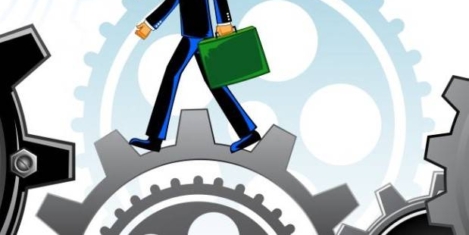December 2, 2016
Fifth of employees are negatively affected by political talk in the office 0
It’s been a tumultuous year for political change, and in the UK, none more so than that of whether to stay or leave the European Union. We were still getting over the reactions to Brexit when Donald Trump secured the Presidential election. These events have made political discussions in the workplace near inescapable. But talking politics with colleagues can lead to all sorts of problems, particularly when there is a disagreement in political points of view. Probably more than any other year, the political results during 2016 have been increasingly divisive, with political discourse raised to an entirely new level of fractiousness and disagreement; leaving employees feeling stressed, more isolated from their colleagues, and less productive as a result. Unsurprisingly then, a survey of 1,000 employees conducted by HR and employment law specialist Peninsula claims that 1 in 5 employees are negatively affected by political talk in the workplace. The survey also discovered that 65 percent of employees avoid talking politics at work and 32 percent of employees reported that workplace hostility has increased because of political discussions at work.

































November 25, 2016
Reducing paper-weight is the key to maintaining a healthy business in the digital age 0
by Chas Moloney • Comment, Technology
(more…)